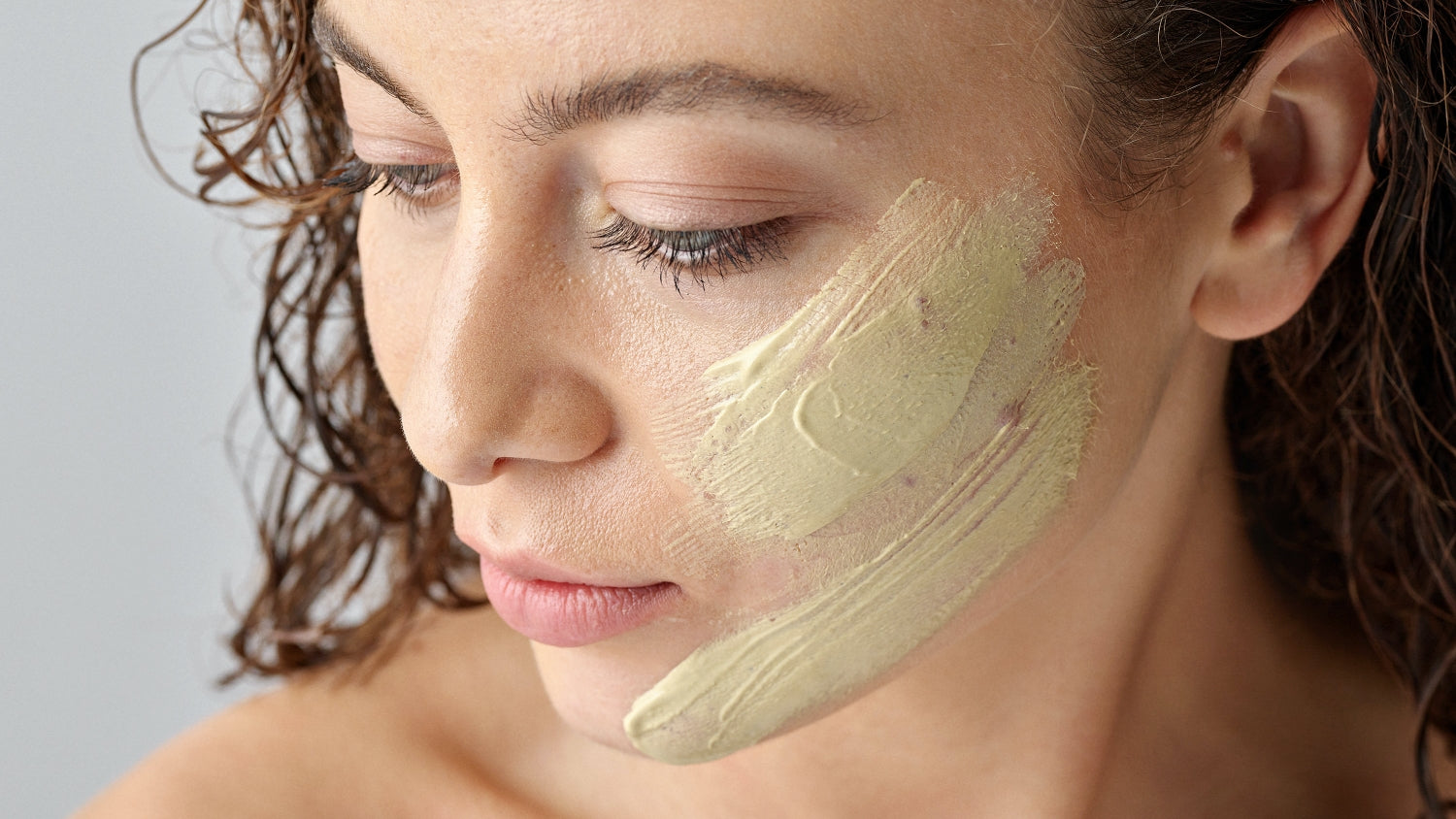Unfortunately, we can no longer talk about acne as just a transitory phenomenon of puberty, because many women have this problem in their twenties and thirties and even later in life. Acne can vary from very mild comedonal to cystic inflammatory acne that affects most of the face and requires the help of a doctor. We just talked about this complex problem with prim. Ph.D. Ružica Jurakić Tončić, a specialist in dermatovenerology, who herself struggles with the adult form of acne and explains to us why it occurs in the first place and how we can help ourselves.
Briefly introduce yourself and your field of work. :)
My name is prim.dr.sc. Ružica Jurakić Tončić and I am a specialist in dermatovenerology with a position at KBC Zagreb, Clinic for Dermatovenerology. I gained my specialist experience at the Reference Center for Allergology of the Republic of Croatia, the Outpatient Department for Pigmented Lesions and the Dermoscopic Outpatient Clinic of the Clinic, and as a ward doctor in the Department of Inflammatory Skin Diseases.
From July 2021, I became an associated part of the Dr. Tončić Polyclinic team, which is why many years of activity in the field of aesthetic medicine and surgery enriched by the arrival of another compatible profession - dermatovenerology.

One of the most common skin problems is acne: Our users are interested in why they continue to appear even after puberty?
Acne is the most common problem observed during puberty, but it is also possible to have an adult form of acne, since they can be hormonally conditioned and be part of hormonal disorders. A stressful lifestyle and inadequate diet can be largely responsible for acne. Skin type, care method and lifestyle are also important.
What factors can affect the appearance of adult acne?
The sensitivity of the sebaceous glands to hormonal influences is the most important. Hormonal disorders of various forms, stressful lifestyle, diet, other diseases and medications can be the reason why we can have acne in adulthood. Polycystic ovary syndrome is certainly one of the more common causes and the reason why we often have to cooperate with fellow gynecologists.
What does a dermatological examination of a person with acne look like and when should it be done?
The skin examination consists of a clinical examination and determination of the condition of the skin and the type of acne, as well as analyzing the aggravating factors and proposing possible further treatment. We definitely recommend an examination if it is about inflammatory facial changes and acne that do not respond to products available at pharmacies without a prescription.
What products should the affected person use and what should her daily facial care routine look like?
During the examination, we determine the condition of the facial skin and accordingly prescribe a therapy consisting of facial cleansing, products that have a keratolytic effect, anti-inflammatory drugs, and finally products that contain retinoids that work to reduce sebum secretion.
In which cases is it necessary to use medicines?
Certainly if there is the development of inflammatory changes affecting larger areas of the face.
From your experience, what should be paid extra attention to and what should be avoided if a person has adult acne?
It is necessary to explain in detail that food has a great influence, because it can be a source of hormones or affect our hormonal status. A big therapeutic problem is the very cooperation of the patient ("compliance"), because if you are not regular with the therapy, there will be no therapeutic response . Potential irritations at the beginning of the therapy should be explained in detail and instructions should be given on how to overcome certain "crisis" therapeutic periods.
Do any additional treatments, such as mechanical facial cleansing, help?
Mechanical expression of comedones is definitely advised, but in the hands of an excellent expert in this field.
How do you take care of your face?
I personally have an adult form of acne. I am a 44-year-old woman. This kind of skin requires a lot of effort. I am a big supporter of AHA acids and retinoids, so I base my routine on good, quality cleansers, AHA acids, 1% retinol in the evening and vitamin C in the morning. I like products with hyaluronic acid, I'm a big fan of fluids and serums.
I regularly perform PRP treatments in combination with the Dermapen procedure and microneedling serums. During the winter months, I treat myself to medium-deep peeling, and I regularly use skin boosters. I simply adore Skinboosters because of their ease of application and fantastic effectiveness in terms of hydration.
What is your favorite Skintegra product?
I like Amphibian, I like Hydra B and Nectar. Amphibian is a gentle cleansing gel suitable for combination skin. Given that I am a fan of preparations that hydrate the skin, Hydra B with its structure of a light serum emulsion is a preparation that I can single out. For the same reason, I can single out Nectar, as a balancing and softening essence with a hydration function .

